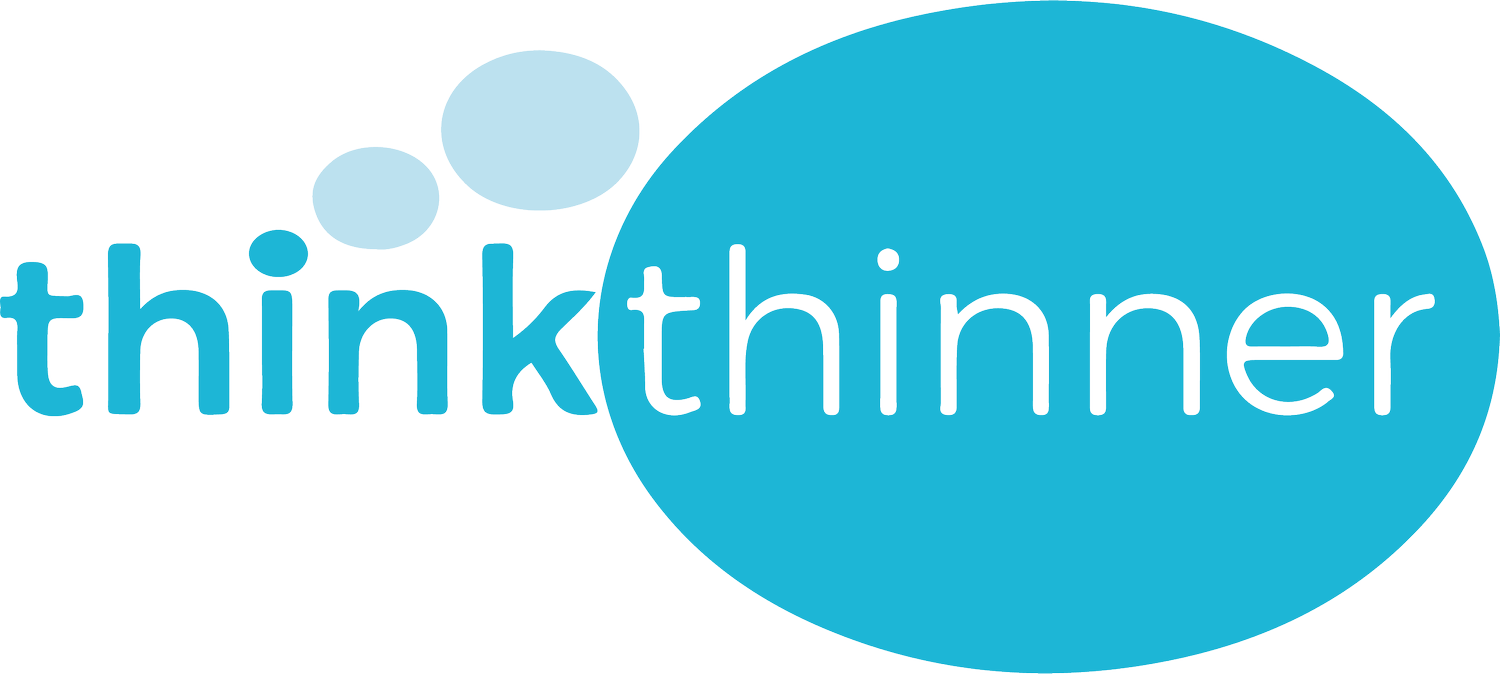Dieticians, Nutritionists and Weight Loss Coaches. What is the difference and which one do I need?
This is a commonly asked question and the terms often seem to be used interchangeably. In reality the categories refer to very different skill sets and working out which one would be best for you depends on what you want to achieve.
Below is a brief summary of each of these terms:
Dietitian: The only health professionals who are regulated by law. They are able to diagnose and treat dietary and nutritional issues for medical conditions and are therefore allowed to prescribe some drugs and supplements.
Nutritionist: Anyone can call themselves a nutritionist, but only a Registered Nutritionist will have a registration with the UK Voluntary Register of Nutritionists following completion of a degree level course recognised by the Association for Nutrition (AfN). A nutritionist will provide general advice about food and healthy eating. Some nutritionists also advise on weight loss.
Weight Loss Coach: A good coach will focus on behaviour change. They will conduct an initial review to look at everything that stands in the way of you reaching your goal. This includes food but also encompasses sleep, activity levels, stress levels, thoughts, beliefs and emotions. After discussing these they will be able to develop a comprehensive plan, providing tools and teaching strategies to enable you to change your habits to adopt a healthier lifestyle.
WHAT BEING A WEIGHT LOSS COACH MEANS TO ME
I wanted to have a strong background in nutrition to support my weight loss coach qualification, that is why I chose a nutrition diploma which is recognised by the AfN. All of my subsequent training has been in habit and behaviour change which I believe is the most important factor that leads to sustainable weight loss.
The majority of my clients know what to eat but need help to make the changes necessary to incorporate these healthy habits into their everyday life. There are numerous obstacles in the way including time constraints, energy levels, emotions, beliefs and values. Through a series of discussions we are able to address these obstacles and find ways to overcome them. The outcome being a healthier lifestyle which leads to sustainable weight loss.
WHO NEEDS A WEIGHT LOSS COACH
Answer: Anyone who wants to learn how to lose weight and keep it off by developing a healthier lifestyle.
Losing weight is like any other skill, it takes time and you have to practise. The best way to do this is with one on one coaching.
Working with a coach means you can develop an individual, tailor-made approach to your weight loss which fits in with your lifestyle, your preferences and your interests.
Having a coach doesn’t mean you are a failure! Quite the opposite in fact. It means that you recognise the inherent shortcomings of diets and other short term weight loss methods. By signing up for coaching you are able to give yourself the best chance of achieving your goals.



